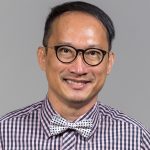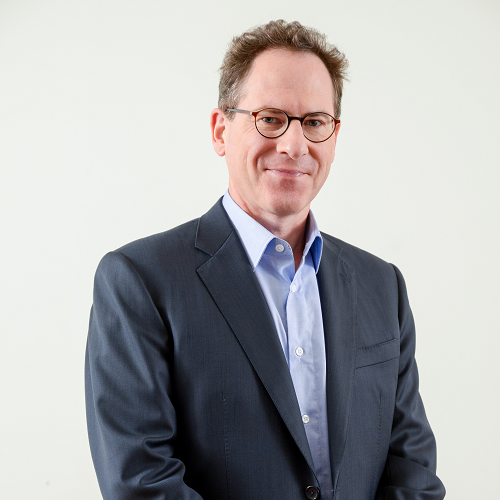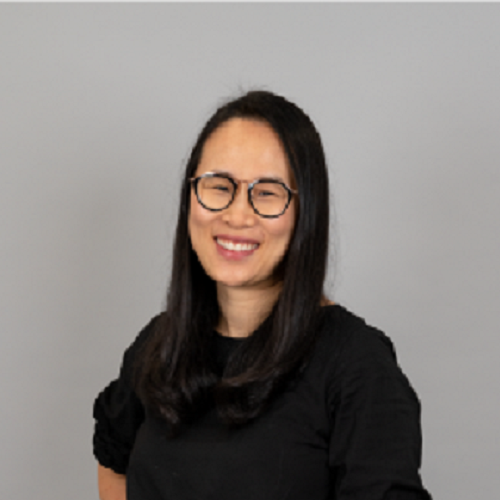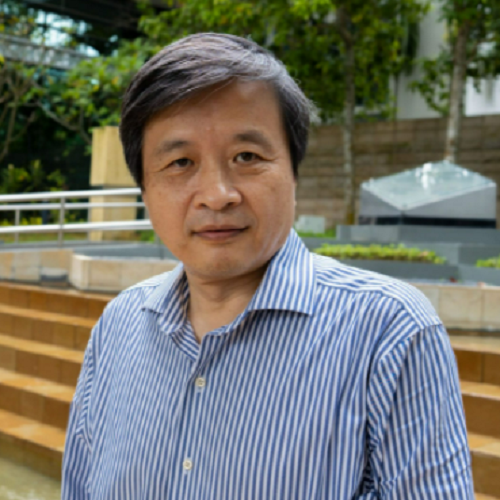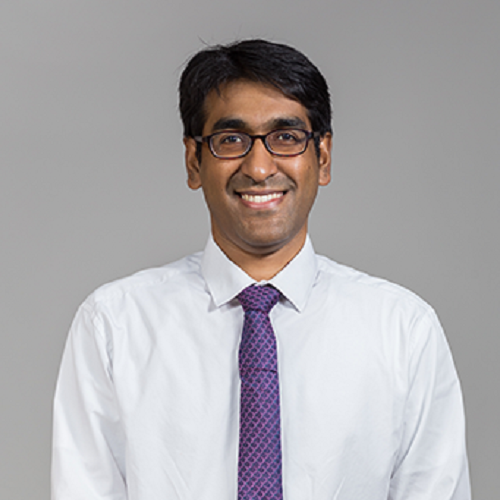The 2D Materials Adventure: A journey from basic scientific discovery to deep tech value capture
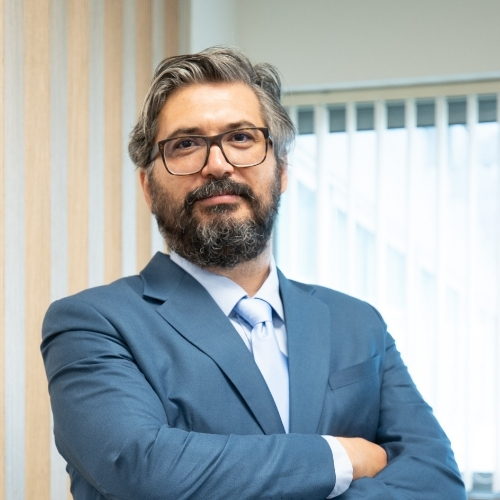
Professor Barbaros Özyilmaz
Head, Department of Materials Science and Engineering, NUS
Professor Barbaros Özyilmaz is best known for his work on developing new device applications based on 2D materials such as graphene, black phosphorus, and monolayer amorphous carbon (MAC). He graduated in 1999 from RWTH Aachen University, Germany, with his Diplomarbeit in Physics at the European High Magnetic Field Laboratory of the Max-Planck-Institute in Grenoble, France. He undertook his PhD studies (1999-2004) with Prof Andrew Kent at New York University. His PhD work in collaboration with IBM on spin transfer torque provided the foundational IP for one of the first STT-RAM start-up companies; Spin Memory, Inc., Fremont, California. He did his postdoctoral work (2004-2007) at Columbia University in Prof Philip Kim’s group pioneering graphene research in the USA. He joined the Physics Department at NUS in 2007 as an Assistant Professor and was instrumental in establishing Graphene Research in Singapore. He was promoted directly to full professor in 2013. As founding member and Deputy Director of the NUS Centre for Advanced 2D material (CA2DM) he has greatly contributed to establishing NUS as one of the globally leading Centre’s for 2D material research. More recently he has transformed the Office of Industry and Innovation at CA2DM into a 2D materials incubator with a focus on joint technology validation with industry. Since 2019 he is also the Department Head of the Materials Science and Engineering Department at NUS. He is the recipient of numerous awards including the NRF Fellowship and the NRF Investigator Award, NUS Young Investigator Award and the Institute of Physics Award, Singapore.
He is globally recognized as a highly prolific researcher and inventor in a wide range of material systems and device applications. He has published more than 120 peer-reviewed research papers and has close to 30 patents and is among the top cited researchers in the world. Both in 2018 & 2019 he was listed in the Clarivate Analytics – Global Highly Cited Researchers List for Cross-Field Research demonstrating significant scientific influence through publication of multiple papers that are ranked in the top 1 per cent by citations for their field and year of publication. His current focus is on accelerating the widespread adoption of graphene and other 2D materials into industry. His is the founder of GrapheneScale Pte. Ltd, a NUS spin-off commercializing graphene for the use in supercapacitors, semiconductors, heat assisted magnetic recording, IR sensors, and in biomedical applications.



